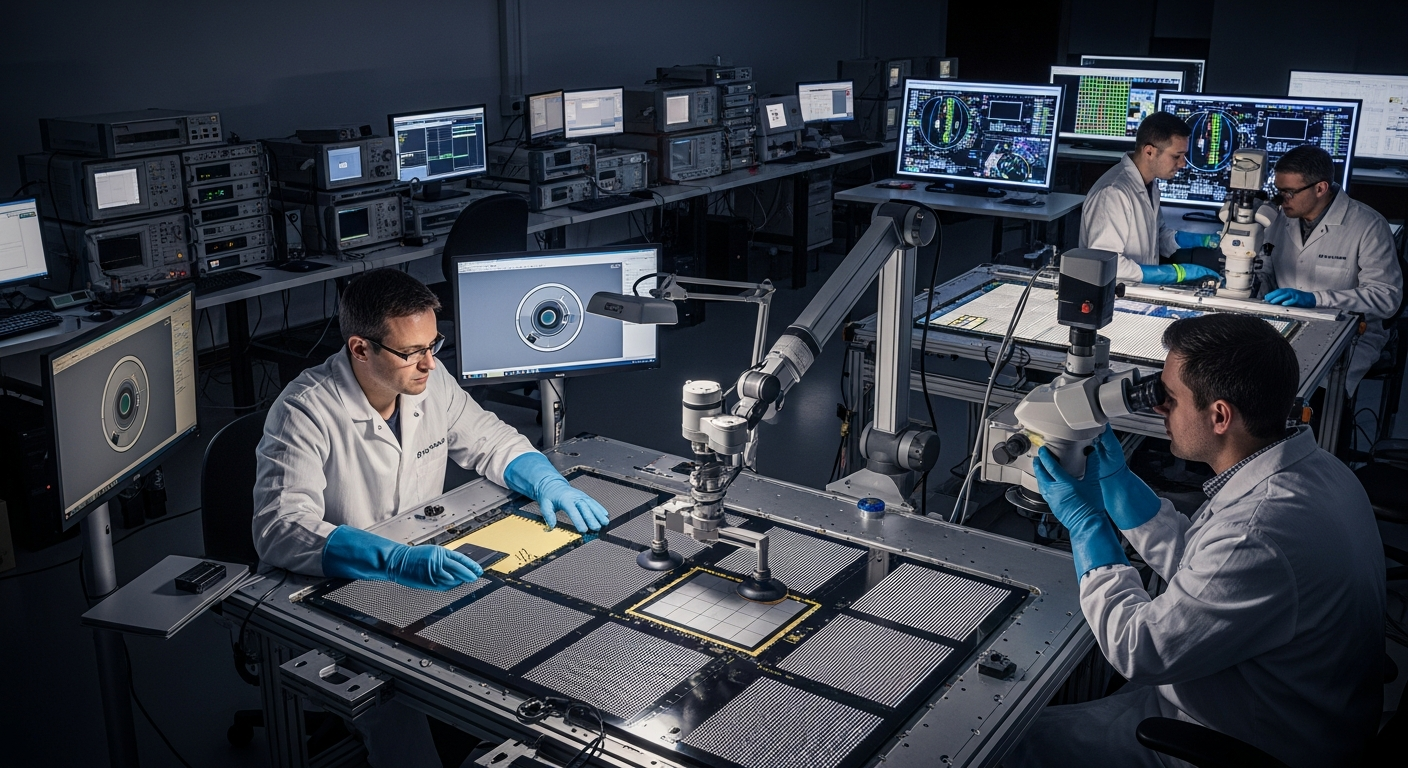Rethinking Performance: The Power and Potential of Hydrogen Fuel Cell Cars
Introduction: Imagine powering your car with the most abundant element in the universe and emitting nothing but water vapor in the process. Sounds futuristic? That’s the reality of hydrogen fuel cell cars. This groundbreaking technology has the potential to revolutionize the automotive industry, but it's not without its challenges.

Harnessing the Power of Hydrogen
Hydrogen fuel cells work by converting hydrogen into electricity, which then powers the motor in the car. The only byproduct is water, which is harmless to the environment. This technology can significantly reduce our dependency on fossil fuels and help mitigate climate change.
However, the development of hydrogen fuel cell technology dates back as far as the mid-19th century. Sir William Grove, a British scientist, developed the first fuel cell in 1839, but it wasn’t until the 1960s that NASA began using this technology in their space programs.
A New Direction in the Automotive Industry
Fast forward to the present day, and the automotive industry is starting to explore the potential of hydrogen fuel cells in earnest. Several manufacturers, including Toyota and Honda, have already launched hydrogen-powered cars, while others have plans to do so in the near future.
According to the Hydrogen Council, a global initiative of leading energy, transport, and industry companies, hydrogen could power more than 400 million cars by 2050. However, the road to widespread adoption is not without its bumps.
The Challenges Ahead
One of the main challenges facing hydrogen fuel cell cars is the lack of infrastructure. Hydrogen refueling stations are expensive to build and are currently few and far between. This makes owning a hydrogen car less convenient for many people, despite the technology’s environmental benefits.
Producing hydrogen is also energy-intensive and often relies on natural gas, which isn’t a renewable resource. However, research is ongoing into more sustainable methods of hydrogen production, such as using surplus renewable energy to split water into hydrogen and oxygen.
The Benefits of Hydrogen Fuel Cell Cars
Despite these challenges, hydrogen fuel cell cars offer several advantages over traditional gas-powered and even electric vehicles. They can be refueled in just a few minutes, similar to a gasoline car, and have a longer range than most electric vehicles.
Moreover, hydrogen fuel cell cars are quiet and smooth to drive, offering a comfortable driving experience. The only emission from these cars is water vapor, making them a zero-emission vehicle and a potential solution to the pollution caused by internal combustion engines.
The Future of Hydrogen Fuel Cell Cars
The future of hydrogen fuel cell cars is still uncertain, but the potential is there. With further investment in infrastructure and continued research into sustainable hydrogen production, these cars could become a viable and environmentally friendly alternative to conventional vehicles.
In conclusion, hydrogen fuel cell cars represent a fascinating intersection of science, technology, and environmental sustainability. They are a testament to the automotive industry’s potential for innovation and progress, even in the face of significant challenges. Time will tell if they can live up to their promise and truly revolutionize the way we drive.





